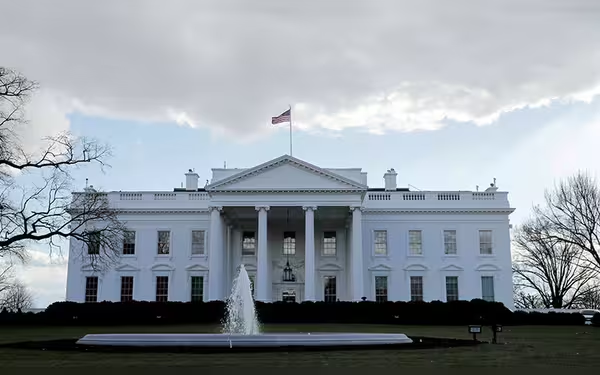Thursday, November 7, 2024 03:24 AM
South Asia's Stake in the US Presidential Elections
- South Asia's interests hinge on US election outcomes.
- India's relationship with the US remains strong.
- Pakistan's ties with the US could face challenges.
 Image Credits: dawn.com
Image Credits: dawn.comAs US elections approach, South Asia's interests in the outcome are crucial for regional stability and international relations.
As the United States gears up for its presidential elections, the question arises: "Who does South Asia want in the White House?" This region, which includes countries like India, Pakistan, and Bangladesh, has a significant stake in the outcome of the elections. The relationship between the US and South Asian nations can greatly influence economic ties, security cooperation, and regional stability.
India, recognized as the largest economy in South Asia, stands out as a crucial ally for the United States. The current political climate in Washington shows strong bipartisan support for maintaining and enhancing ties with New Delhi. This means that regardless of which party is in power, India is likely to continue enjoying a favorable relationship with the US. According to experts, this comfort level is rooted in shared interests, particularly in areas such as trade, defense, and technology.
However, the dynamics could shift dramatically if former President Donald Trump were to win the election again. Kugelman, an expert on South Asian affairs, points out that there have been several significant issues that have arisen in US-India cooperation over the past few years. These include challenges related to technology, clean energy, and climate change. If Trump returns to the White House, it could lead to a reevaluation of these partnerships, potentially impacting India's strategic position.
Moreover, the implications of the US elections extend beyond India. Countries like Pakistan and Bangladesh are also closely watching the political developments in the US. Pakistan, for instance, has historically had a more complicated relationship with the US, often characterized by ups and downs. The outcome of the elections could either exacerbate these tensions or pave the way for a more constructive dialogue.
The question of who South Asia wants in the White House is not merely a matter of preference; it is a reflection of the intricate web of relationships that define international politics. As the elections approach, it is essential for South Asian nations to consider how the results will affect their own interests and regional stability. The stakes are high, and the world will be watching closely to see how the next leader of the United States will navigate these complex relationships.













